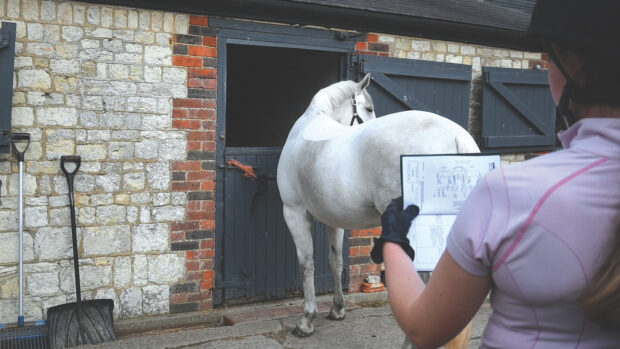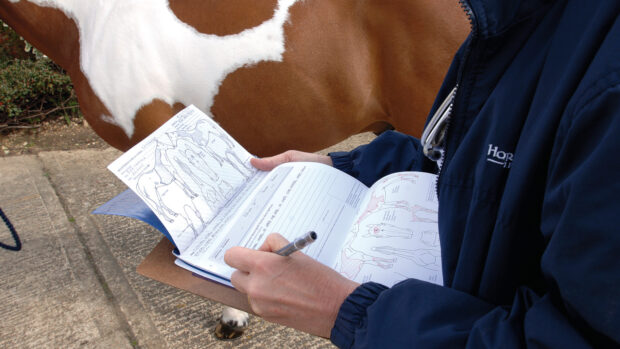The Hill Pony Improvement Societies of Wales are to make a final plea for flexibility in horse passport rules for feral Welsh Mountain Ponies.
“If no relaxation is granted, some breeders may turn unwanted foals on to the hills,” warned Colin Thomas, secretary of the societies. “Some will not pay for a passport to sell ponies at a loss.”
The societies also fear breeders may disband herds because of the increased costs and practical problems which passports involve. They say feral Welsh Mountain Ponies — classified as vulnerable by the Rare Breeds Survival Trust — could disappear, or run unshepherded.
The 25 improvement societies were met on 11 May to discuss how best to lobby the Welsh Assembly, which has turned down similar appeals before.
The Assembly last month drew up a summary of problems identified at a semi-feral ponies workshop in January. It has invited breeders, improvement societies, the Welsh Pony and Cob Society, national parks and local authorities, to comment on the summary.
Potential problems include dumping of ponies on common land, sale of low-value foals and the lack of a strong body to oversee common land management.
Solutions suggested at the workshop included commoners signing their own silhouettes on horse passports, grant systems for conservation grazing and amnesty sales of unpassported ponies.
The European Commission has indicated that special arrangements for semi-feral ponies in Wales may be possible. Ponies kept by Dartmoor’s Commoners and the New Forest’s Verderers are subject to a specific set of rules under DEFRA passport legislation.
One stumbling block has been that Welsh ponies are widely spread rather than in a single area. But an insider reasoned: “The excuse about identifying commons is not valid. Common land is mapped, and you can define it, normally within 1m.”
Several hundred unwanted pure-bred foals, as well as hundreds of part-breds, go to auction each October. Last year, low-quality foals fetched around £7-£8 each at market, with some going for as little as £5 — in contrast to good foals, which can fetch £800. A passport from the Welsh Pony and Cob Society for a new foal costs £20.
“Even with the most careful breeding, you get foals you can’t keep,” added Thomas, who proposes low-value ponies should have a declaration of ownership, plus confirmation that no medicines have been given.
|
||
 |
||


 Get up to 19 issues FREE
Get up to 19 issues FREE TO SUBSCRIBE
TO SUBSCRIBE 


